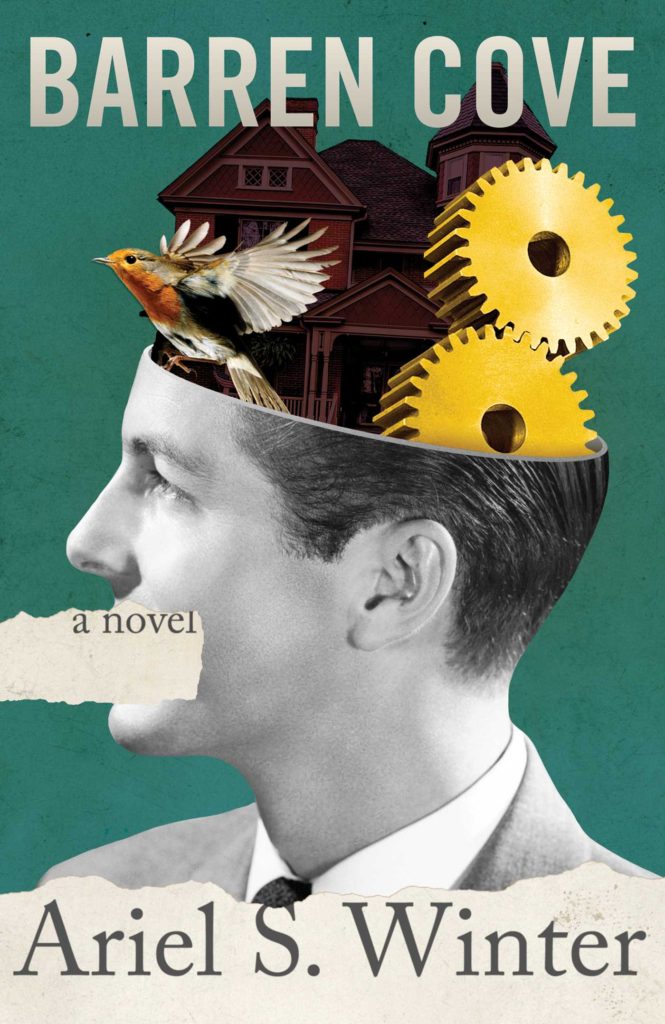Ariel S. Winter’s Twenty-Year Death was a tremendous achievement and a tremendously enjoyable book—three books, in fact, a trilogy of crime novels published in a single volume in 2012. When Winter returned this spring with his next book, he took his work in an entirely different direction: a domestic novel of sorts crossed with science fiction. I had the chance to interview Winter about that book, Barren Cove, over at SleuthSayers. Here’s a sample from our exchange.
ART TAYLOR: Barren Cove clearly signals a shift in genre, with its futuristic setting, with robots as the primary characters, even in the labeling with “science fiction” mentioned prominently in one of the back cover blurbs. Have you been as big a reader and a fan of science fiction as you are of mystery fiction? Are there specific authors here, as with The Twenty-Year Death, that was an influence?
ARIEL S. WINTER: I became a writer because of my great love of reading, and as a reader I’ve never limited myself to specific genres. Especially as a kid, I read fantasy, science fiction, mystery, comedy, literary fiction, pretty much anything my parents or librarians recommended, plus whatever I stumbled on myself. And lots and lots of comic books. Since all of those genres fueled my love of fiction, and my writing grew out of my love of fiction, it only makes sense that my writing encompasses all of the things that turned me into a writer in the first place.
Growing up, I read the classics, Asimov, Bradbury, Clarke, Douglas Adams, several of whom I pay homage to in Barren Cove through characters’ names. Then as I got older I moved on to Philip K. Dick, Jonathan Lethem, Alfred Bester, Thomas M. Disch, and I’m still filling in some of the gaps in my reading. I finally read the Dune books last year and was blown away.
As for influence on Barren Cove, it’s less about style, and more about world building. I imagined that all robot fiction up to now takes place in a shared universe, so that the great robot books are detailing a continuous history. In R.U.R. by Karel Capek, the action takes place exclusively in a factory where robots are just first starting to be manufactured. By I, Robot, robots are an integral part of human life, but the laws of robotics put limits on their actions, and helps to keep them separate from humans. In Do Androids Dream of Electric Sheep? robots are indistinguishable from humans, even passing as human, and they are pervasive, but they’re supposed to still be inferior socially. Barren Cove is the next book in that history, the point at which robots are now the majority, and humans are second-class.
Read the full interview here.
